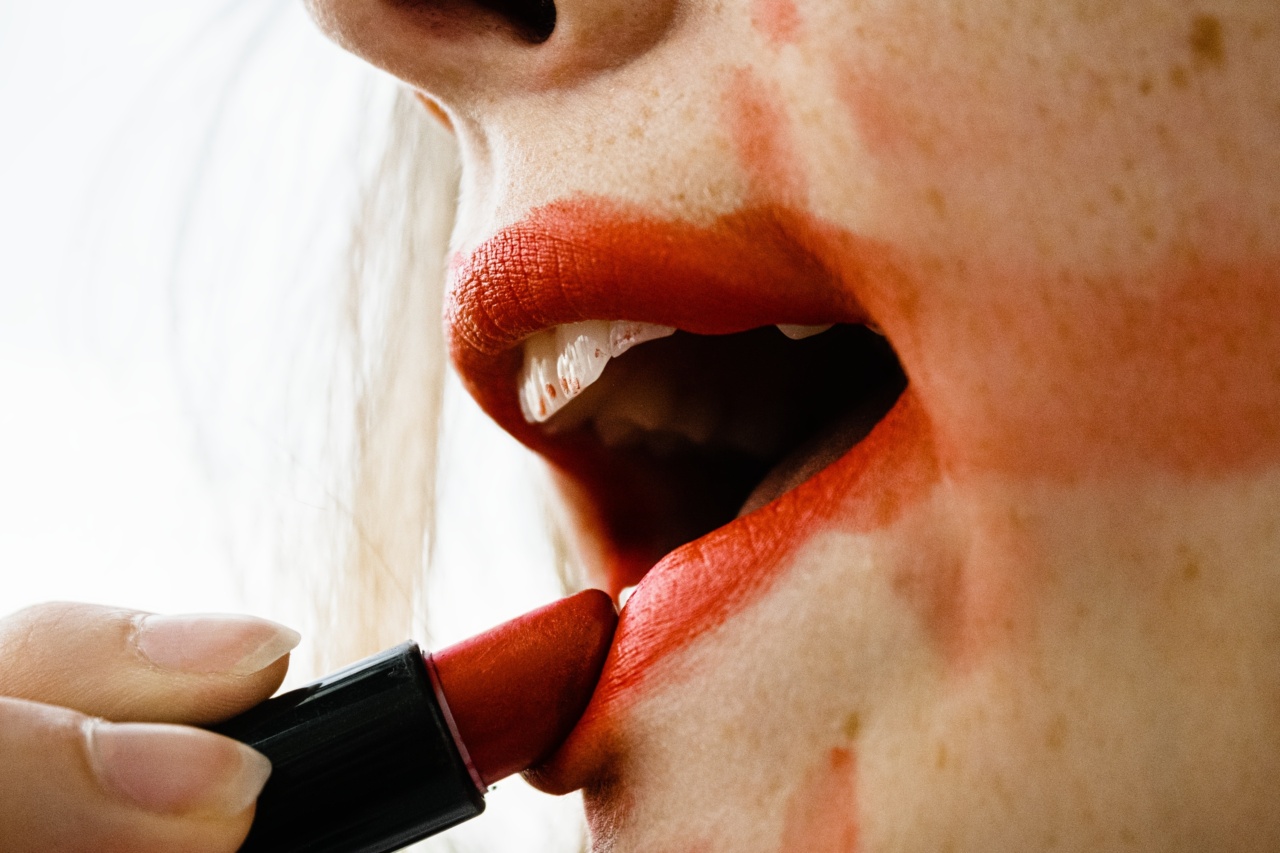Everyone wants to achieve a bright and healthy smile. Unfortunately, there are certain habits that can stain your teeth and ruin your pearly whites. In this article, we will be discussing 10 common habits that can cause teeth discoloration.
Habit #1: Consumption of Coffee and Tea
Coffee and tea are beloved beverages by many, but they can cause teeth staining. These drinks are high in tannins, which are pigments that can stick to the enamel of your teeth. Over time, they can create a yellowish hue and make your teeth look dingy.
It’s important to brush your teeth after drinking coffee or tea to avoid long-term discoloration.
Habit #2: Smoking
Smoking is one of the most notorious habits that cause teeth staining. The nicotine and tar in cigarettes can create dark stains that are difficult to remove.
Smoking can also increase the risk of oral cancer and gum disease, which can further damage your oral health. Quitting smoking can improve your overall health and prevent teeth discoloration.
Habit #3: Red Wine
Red wine is rich in color, flavor, and antioxidants, but it can also stain your teeth. The dark pigments in red wine can cling to your enamel and leave a stain that is difficult to remove.
Drinking water or using a straw can minimize the contact of wine with your teeth.
Habit #4: Sodas and Energy Drinks
Sodas and energy drinks are high in sugar and acids that can erode your tooth enamel and increase the risk of cavities. They can also create stains on your teeth.
Drinking soda through a straw can limit its contact with your teeth and reduce teeth discoloration.
Habit #5: Medications
Several medications can cause teeth discoloration. Antibiotics like tetracycline and doxycycline can create yellow or brown stains on your teeth. Antipsychotics like chlorpromazine and thioridazine can cause brown or gray discoloration.
Chemotherapy and radiation treatments can also affect the color of your teeth. It’s important to consult with your dentist or doctor if you notice any changes in your teeth color.
Habit #6: Poor Oral Hygiene
If you don’t practice good oral hygiene, bacteria in your mouth can create plaque, which can cause your teeth to have yellow marks.
Brushing your teeth twice a day, flossing once a day, and using mouthwash can prevent plaque build-up and teeth staining. Also, regular dental visits are important to catch any early signs of tooth decay or gum disease.
Habit #7: Not Drinking Enough Water
If you don’t drink enough water, your mouth can become dry, which can lead to teeth staining. Saliva helps wash away food particles and bacteria in your mouth, but a dry mouth allows these elements to remain on your teeth and cause discoloration.
Drinking plenty of water throughout the day can prevent teeth staining and keep your mouth healthy.
Aging: Habit #8
As you age, your teeth might become dull and less white. The enamel on your teeth can wear down, allowing the yellowish dentin layer underneath to show through.
Aging is a natural process, but you can keep your teeth white by practicing good oral hygiene, limiting teeth-staining foods and drinks, and getting regular dental checkups.
Habit #9: Genetics
Some people are more prone to teeth staining than others due to their genetics. The thickness and smoothness of your enamel and dentin can determine how easily your teeth stain.
If you inherited a predisposition to teeth discoloration, you may need to be more cautious with your diet and oral hygiene habits to keep your teeth white.
Habit #10: Teeth Grinding
Teeth grinding, also known as bruxism, can cause enamel erosion and teeth discoloration over time. Grinding your teeth can expose the dentin layer, which is more susceptible to staining.
If you grind your teeth, consider wearing a mouthguard at night to minimize the damage. Your dentist can also recommend other treatments to reduce teeth grinding.
Final Thoughts
Teeth staining can be caused by several habits and factors, but it’s important to remember that you can take steps to prevent it.
By practicing good oral hygiene, limiting teeth-staining foods and drinks, and talking to your dentist about cosmetic treatments, you can achieve a bright and healthy smile.






























